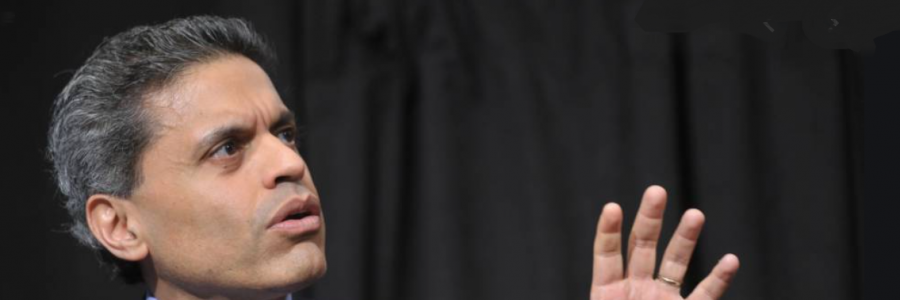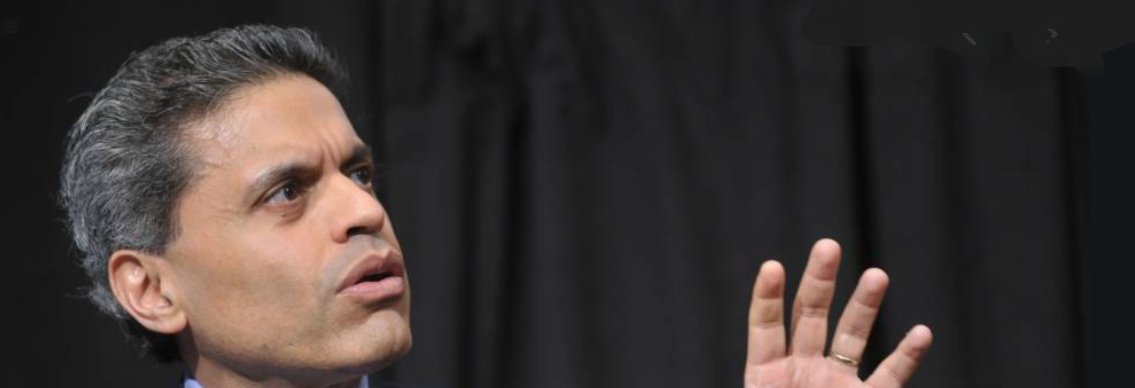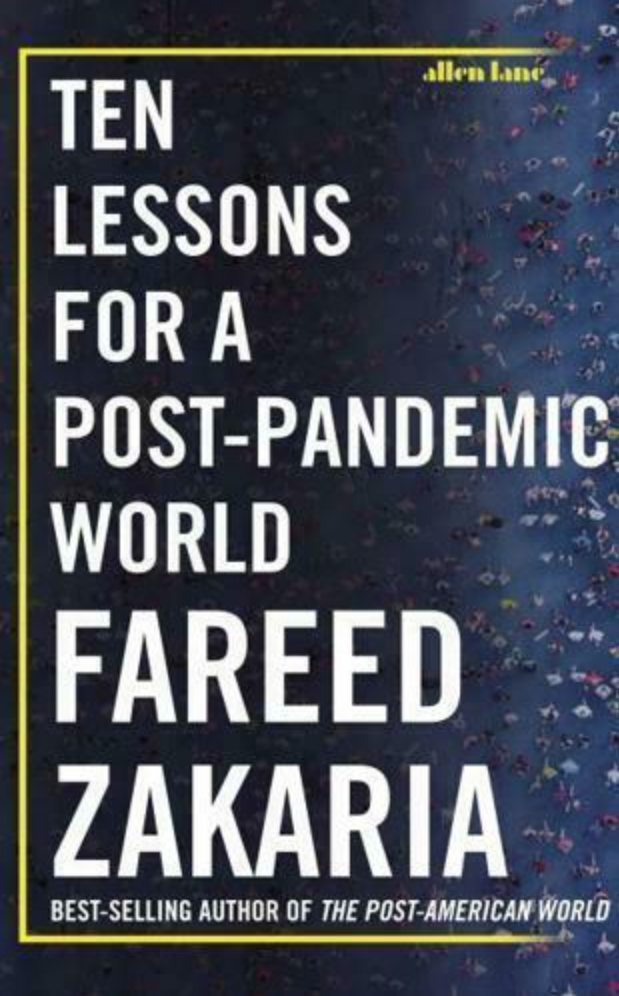
Pandemic – the exposed poor and the shielded Rich


The Pandemic has touched every aspect of life bringing death, disease, isolation, joblessness, fear, grief, and despair amid deepening social and economic unequalness. Globalisation is under pressure from nationalism, as countries have closed borders, hoarded PPE and bartered over vaccine.
As geopolitical alliances are being reshaped, the US seems in disorder, China appears invigorated.
The pandemic has accelerated the trends towards deglobalisation by making countries strive for self-sufficiency.
Covid-19 has revealed the shortcomings of EU, When Italy begged for urgent medical supplies, no member state responded, although this failure is spurring for closer integration., the bloc, in a push back against deglobalisation, might well end up with more common policies and greater emergency powers for future crises.
When the EU looks towards the US, it sees broken society that cannot be relied upon although that might change from January with the new US leadership, neither can it gaze too adoringly at China which harbours its own superpower ambitions.
Global 19th century economic nationalisation is no longer an option for small mid-sized European nation states, but may give rise to newly adapted, EU-centred territorial nationalism., if the world is going protectionism, effective protectionism in Europe is possible only on continental level.”
Fareed Zakaria in Ten Lessons for a Post-Pandemic World, the international thinker author and CNN host lectures us on how Covid-19 will upend such uncertainties as markets, globalisation and digital living.
Zakaria explains how Covid-19 is third major post-cold war shock to hit the global order, after 9/11 and the 2008 financial crisis. Each was an asymmetric threat a calamitous change triggered by the wing of a bat in the case of coronavirus. “What began as a healthcare problem in China, prompted by simultaneous lockdown of all business across the globe resulting in a Great paralysis cessation of economics itself. “ unless your Jeff Bezos or a shareholder in Zoom.
This is because we live in an unstable system everyone is connected but no one is in control as the world is always in overdrive with relentless acceleration for in human development over the past two centuries as we are living longer
what is happening beyond the continent, producing more consuming more gulping energy and space and generating waste and emissions in tandem.
Zakaria describes pandemic as the “nature’s revenge” on our species, as we build roads, clear land, build factories and dig mines.
He also examines the role of national governments in managing the pandemic, is the quality not the quantity of government, is the key to the triumph. Taiwan, South Korea, Hong Kong and Singapore who are small-state governments with relatively low public spending coped well tackling the virus early and limiting any lockdowns. But big state countries like Denmark, Finland, Germany also did well in steering their national ships comparatively calmly through the virus storm. The common factor, he says is a “competent, well-functioning trusted state.” That phrase does not apply to the US or Britain who reaped the chaotic consequences of being more than government, starving local agencies in the name of austerity and efficiency, it was false economy.
In the UK, the private sector had struggled to deliver at a time of national crisis, despite enormous cash being thrown in its way. Zakaria entitles the lesson that follows “markets are not enough”.
Covid-19 threat by something seemingly small, and different from anything the world had experienced before. Lenin is supposed to have said, “ There are decades when nothing happens and weeks when decades happen”.
Zakaria foresees the nature of a post-pandemic world, the political, social, technological and economic consequences that may take years to unfold in ten surprising hopeful lessons and writes about the acceleration of natural and biological risks, the obsolescence of the old political catergories of right and left, the rise of digital life, the future of globalisation and an emergent world order split.
The pandemic had divided us into the exposed poor and the shielded rich or the role of gig economy perpetuating this schism.
Ten Lessons For a Post-Pandemic World by Fareed Zakaria, Allen Lane £20, 320 pages.
